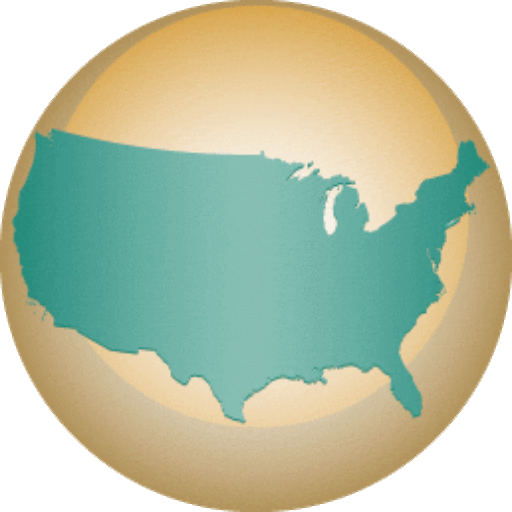The Biden administration’s claim that the President’s agenda will protect 97 percent of small business owners from income tax rate increases is misleading, according to a study by the nonpartisan Washington-based Tax Foundation.
“To assess the economic effect of higher marginal tax rates, it matters how much income or investment will be affected—not how many taxpayers,” write the foundation’s Alex Durante and Erica York.
“The Treasury analysis specifically examines filers with pass-through income, or income that is reported through a sole proprietor, partnership, or S corp. Although the White House news release does not link to the actual study, it appears that they simply calculate how many filers are above the income thresholds where President Biden’s taxes would apply.”
Looking at filers with pass-through income likely understates the effect on small businesses, and therefore underestimates the effect on the economy more broadly, asserts the study.
The government analysis classifies as small businesses many filers at the lower part of the income distribution who may not operate what we think of as a traditional business that makes capital investments, employs workers, and generates significant income.
According to the study, “A better way to assess the overall impact of the Biden tax increase on the economy would be to look at the share of pass-through income that would be impacted by it.”
The foundation found that 6 percent of filers with pass-through net income with adjusted gross incomes above $400,000 were responsible for 52 percent of all pass-through income reported to the IRS. That such a small group of filers generates more than half of all pass-through income implies that taxes that target this group could impact the economy significantly.
Moreover, according to the study, recent IRS data for tax year 2018 further confirms that a significant share of pass-through business income would face higher marginal tax rates under Biden’s proposals.
“While taxpayers making above $500,000 comprise roughly just 4 percent of returns that reported either business net income or net losses, they account for more than half of the resulting net income. In other words, while a relatively small number of business owners would be affected, an outsized share of business activity (as measured by business income) would be affected by the proposed tax increases.”
The study concludes: “When thinking how higher tax rates would affect the economy, the relevant piece of information is not the number of people affected—it’s the amount of economic activity. By focusing on the number of people, the Biden administration is misleadingly claiming their tax proposals would have a small effect. The actual statistics show more than half of pass-through business income could face tax increases.”
Source:
https://taxfoundation.org/97-percent-small-businesses-wont-pay-more-income-taxes-under-biden-tax-plan/





